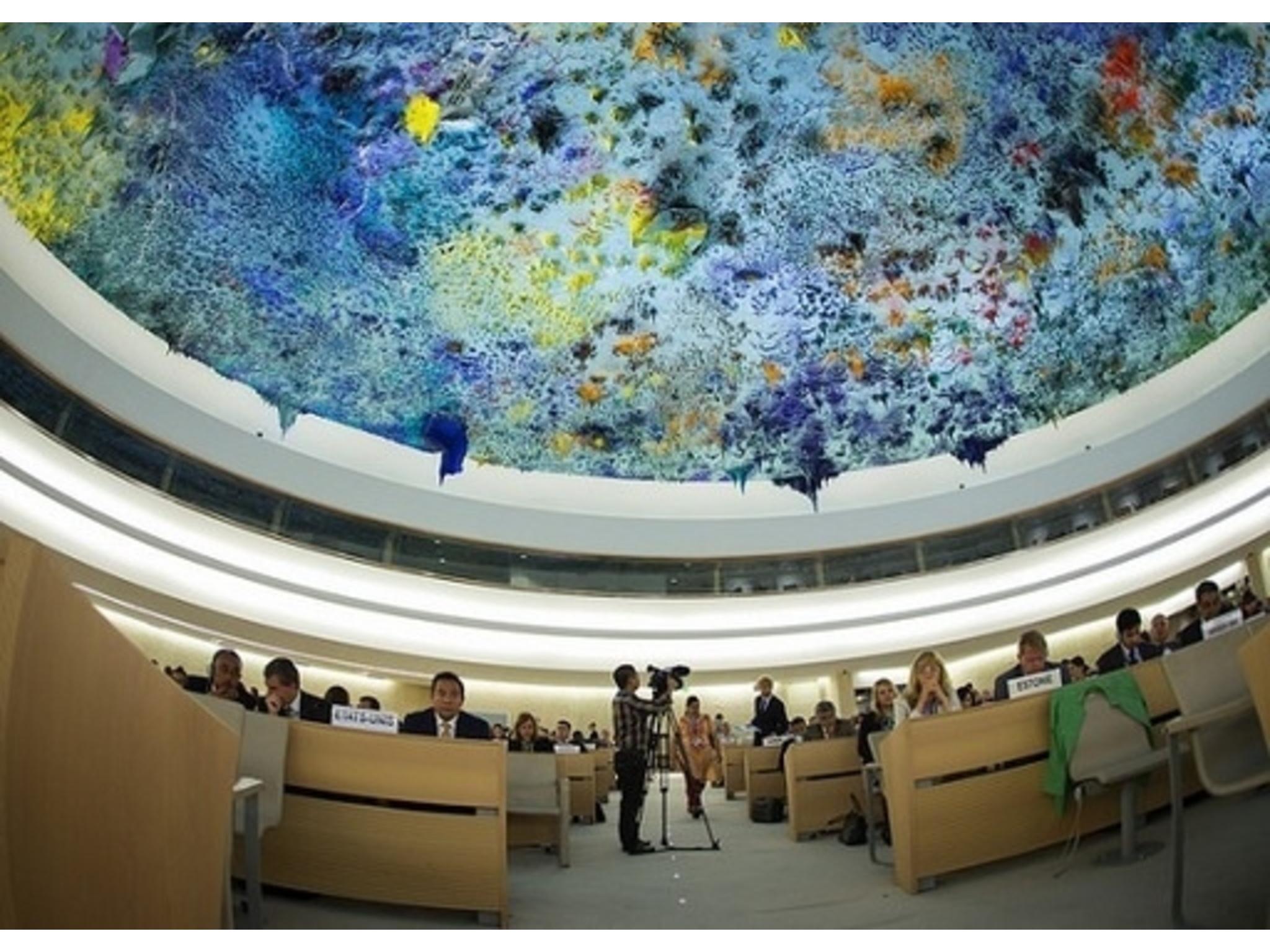UN declares online freedom to be a human right that must be protected
A new resolution from the UN comdemns countries that deliberately disrupt the internet access of their citizens

Your support helps us to tell the story
From reproductive rights to climate change to Big Tech, The Independent is on the ground when the story is developing. Whether it's investigating the financials of Elon Musk's pro-Trump PAC or producing our latest documentary, 'The A Word', which shines a light on the American women fighting for reproductive rights, we know how important it is to parse out the facts from the messaging.
At such a critical moment in US history, we need reporters on the ground. Your donation allows us to keep sending journalists to speak to both sides of the story.
The Independent is trusted by Americans across the entire political spectrum. And unlike many other quality news outlets, we choose not to lock Americans out of our reporting and analysis with paywalls. We believe quality journalism should be available to everyone, paid for by those who can afford it.
Your support makes all the difference.The United Nations Human Rights Council has passed a resolution for the “promotion, protection, and enjoyment of human rights on the internet” which condemns any country that intentionally disrupts the internet access of its citizens.
The resolution stresses that “the same rights that people have offline must also be protected online” particularly with regards to the freedom of expression already protected by articles 19 of the Universal Declaration of Human Rights and the International Covenant on Civil and Political Rights.
Though it was passed by consensus, the resolution was opposed by a small number of countries including Russia and China who wished to make a number of amendments, in particular aiming to delete calls for a "human rights based approach" for providing and expanding access to the internet and remove key references to the Universal Declaration of Human Rights and language on freedom of expression from the International Covenant on Civil and Political Rights.
Thomas Hughes, Executive Director of Article 19, a charity that defends freedom of expression, said that the resolution is “a much-needed response to increased pressure on freedom of expression online in all parts of the world” adding that “From impunity for the killings of bloggers to laws criminalising legitimate dissent on social media, basic human rights principles are being disregarded to impose greater controls over the information we see and share online.”
Resolutions like this one aren’t legally binding, however, they do put pressure on governments and it’s particularly significant that the UN has decided to condemn internet shutdowns as it’s been revealed an increasing number of countries are using this as a method of controlling citizens. Recently Facebook and Twitter in Turkey was throttled in the aftermath of an explosion in Ankara and it’s even being used for smaller matters such as Algeria blocking access to social media in order to stop students cheating on tests.
Though happy with the resolution and its articulation of “strong human rights standards” Hughes states that it could and should go further as “the global situation for freedom of expression online demands more specific and detailed commitment from states to address other priority issues.” In future Human Rights Council resolutions, he stresses that states must tackle these more specific priority issues head on “including abusive laws that target legitimate online dissent, government efforts to undermine anonymity and encryption, and attempts to exert undue pressure on private ICT actors to engage in censorship.“
Join our commenting forum
Join thought-provoking conversations, follow other Independent readers and see their replies
Comments